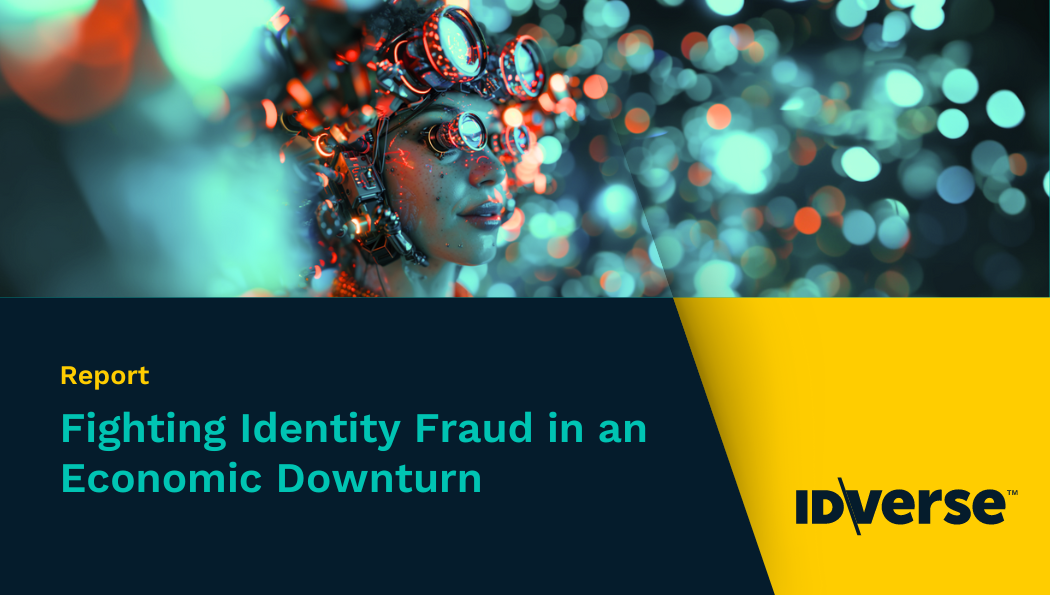Download the report – Fighting Identity Fraud in an Economic Downturn
Extreme economic conditions cause extreme behaviours, as individuals are more inclined to behave irrationally when they feel financially vulnerable.
According to criminologist Donald R. Cressey’s ‘fraud triangle’ model, people are motivated to commit fraud when three elements come together: 1) perceived pressure 2) perceived opportunity and 3) a way to rationalise the fraud as not being inconsistent with one’s values.
That means that in an economic downturn, regular people are more likely to be able to convince themselves that low-level fraud is acceptable, and worth the risk – so more people are willing to try it.
We reached out to FINTRAIL’s FinTech FinCrime Exchange to understand the impact of rising fraud rates on fintechs.
- A majority (nearly 60%) of respondents to our survey said they’d seen a spike in fraud in 2022.
- 58% said that both the value of fraud (the amount of money stolen) and the volume of fraud (the number of fraud attacks) have increased.
- And worryingly, 81% said they expect to see fraud rise again in 2023.
The whitepaper includes expert analysis from:
- James Nurse: Managing Director, FINTRAIL
- Adam Desmond: Sales Director EMEA, OCR Labs/IDVerse
- Shay Oshinusi: Financial Crime Operations Unit Lead, Mettle.
Download the report – Fighting Identity Fraud in an Economic Downturn


